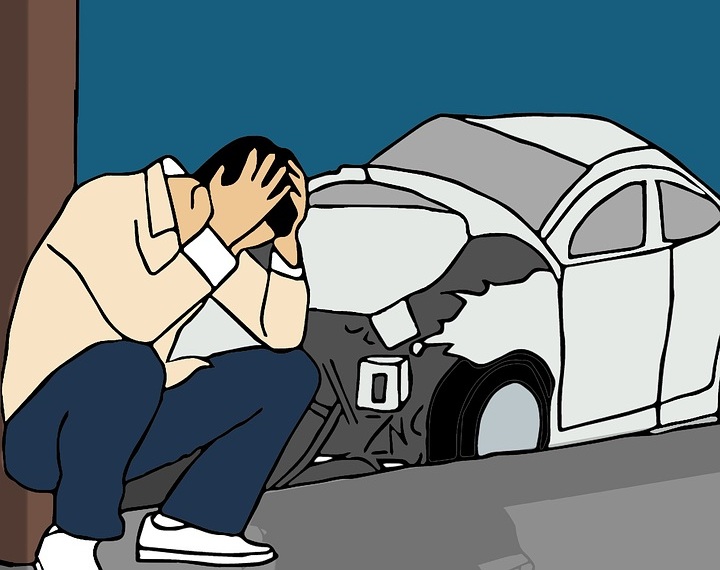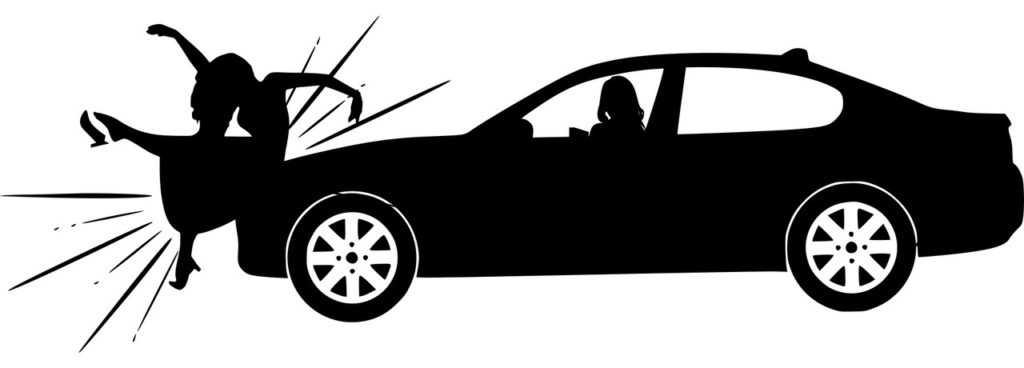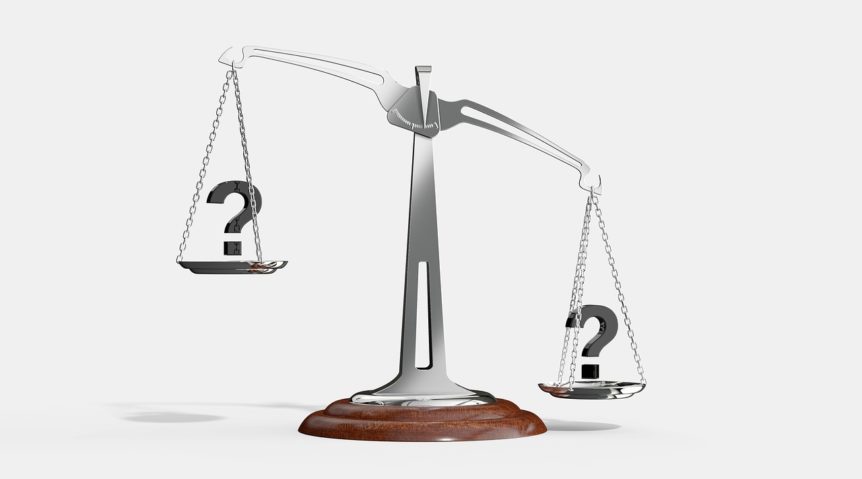The terms manslaughter vs. murder usually has a myriad of people entangled in a web of confusion. When they watch documentaries or read the newspaper, they’re baffled. One defendant gets a life sentence for murder while another gets probation or a lighter sentence for manslaughter, which is seemingly more severe than murder. And, terms like felony murder throw even more confusion to the mix.
To put all this confusion to bed, we’ll explore the differences between the two, along with the types of manslaughter. Read on!
Murder Definition
It’s a homicide that’s committed with malice afterthought. But, that doesn’t mean it’s a malicious killing. The afterthought is a way of saying that it’s an unjustified killing, as per common law. So, for a killing to be categorized a murder, there has to be intent to kill or reckless conduct that it’s punishable as murder.
Murder falls into three:
- First-Degree Murder: It’s the killing of vulnerable people like children. Unintended killings that are done with the willful (premeditated) committing of another serious felony are also categorized as first-degree murder. For instance, a wife was intentionally buying poison to put in her husband’s food, and that ends up killing him.
- 2nd Degree Murder: It encompasses all intentional but unpremeditated killings. Killings that stem from reckless conduct that depicted a grave indifference to the welfare of others or the sanctity of human life falls under 2nd degree murder.
- 3rd Degree Murder: It’s committed with the goal of inflicting physical harm that doesn’t necessarily result in death. 3rd degree murder can stem from recklessness, negligence, or indifference.
What Is Manslaughter?

The manslaughter definition (aggravated manslaughter) is the unlawful killing that doesn’t involve malice afterthought (the plan to adversely harm or kill a person). So, the absence of this afterthought makes it less punishable by the law in comparison to 1st or 2nd degree murder. Nonetheless, it’s still a serious crime and falls into two main categories:
- Involuntary Manslaughter: In criminal law, involuntary manslaughter is termed as a negligent homicide. If there was no evidence of premeditation to cause a victim’s death, then it’s classified as involuntary manslaughter. For instance, driving under the influence, which results in a car accident that kills 4 people. While the driver may have been driving drunk, they didn’t intend to cause a car accident that would kill 4 people.
- Voluntary Manslaughter: It’s a homicide that willfully takes place without pre-meditation. Voluntary manslaughter is usually termed as a crime of passion, which means it’s triggered by emotions like jealousy or rage. For instance, a husband strangling his wife in a fit of rage and jealousy upon discovering that she’s been unfaithful.
What Is Attempted Manslaughter?

It’s a type of voluntary manslaughter whereby the defendant attempted to kill someone as a result of an impromptu argument or in the heat of passion. So the defendant:
- Intended to kill the victim
- Attempted to kill the person as a result of being triggered
- Took at least one ineffective yet direct step towards killing a person
- Was provoked by the victim in such a way that would cause any person to act in the heat of the moment, as opposed to rationally
What Is Vehicular Manslaughter?
At times a driver may unintentionally cause a car accident, which results in the death of pedestrians, passengers, or occupants of another vehicle. They’ll then face the music by being charged with vehicular manslaughter that’s also termed as vehicular homicide. These charges are applicable where the driver was under the influence of alcohol or drug or driving recklessly.

Vehicular manslaughter is a newcomer in the array of homicide offenses. Before it came into the picture, such drivers faced manslaughter charges. So, given that juries were often unwilling to add the onus of manslaughter to a car accident, vehicular manslaughter swooped in, resulting in lesser penalties.
To know whether vehicular manslaughter charges are applicable when death stems from a car accident, you’ll need to factor in the usual types of driving that state laws account for.
- Negligent Driving: In a plethora of states, ordinary recklessness or negligence on the driver’s part supports vehicular manslaughter charges. Typical negligence would be driving with the lack of prudence that a careful driver would exercise, given the circumstances. For instance, a driver who takes their eyes off the road for a moment, which then results in a fatal car accident would be charged with vehicular manslaughter.
- Gross or Culpable Negligence: It’s a common benchmark for vehicular manslaughter. For instance, a speeding driver that fails to heed flashing red traffic lights, or did not apply the brakes.
- Intoxicated Driving: Proving that a driver was under the influence of drugs or alcohol is one of the most common ways that prosecutors show recklessness or negligence. This entails eyewitness testimonies, chemical evidence that includes urine, bread, or blood tests, and self-incrimination tests.
What’s the difference Between 1st Degree Manslaughter and 2nd Degree Manslaughter?
In 1st degree manslaughter, you’re charged with killing a person in the heat of passion. For instance, a wife catches her husband in bed with another woman and kills one or both parties in a fit of rage.
In 2nd degree manslaughter, the defendant is charged with engaging in reckless behavior whereby they consciously took a risk that resulted in the death of a person. For instance, engaging in negligent behavior with a firearm on a hunting trip, and then accidentally gunning down someone.
Seek Legal Counsel
If you’re facing murder or manslaughter charges of any kind, it’s vital to consult a topnotch lawyer immediately. Moreover, an excellent defense attorney will elevate the chances of a favorable outcome.
They’ll prove complete innocence with an air-tight alibi, or that you’ve been wrongly identified by prosecutors, or you were acting in self-defense. Regardless of the scenario, reputable lawyers pave the way for affirmative defenses that may result in lesser sentences or having the charges dropped altogether.
Do you have any concerns or queries about a potential criminal case? Get in touch with our legal experts today.
